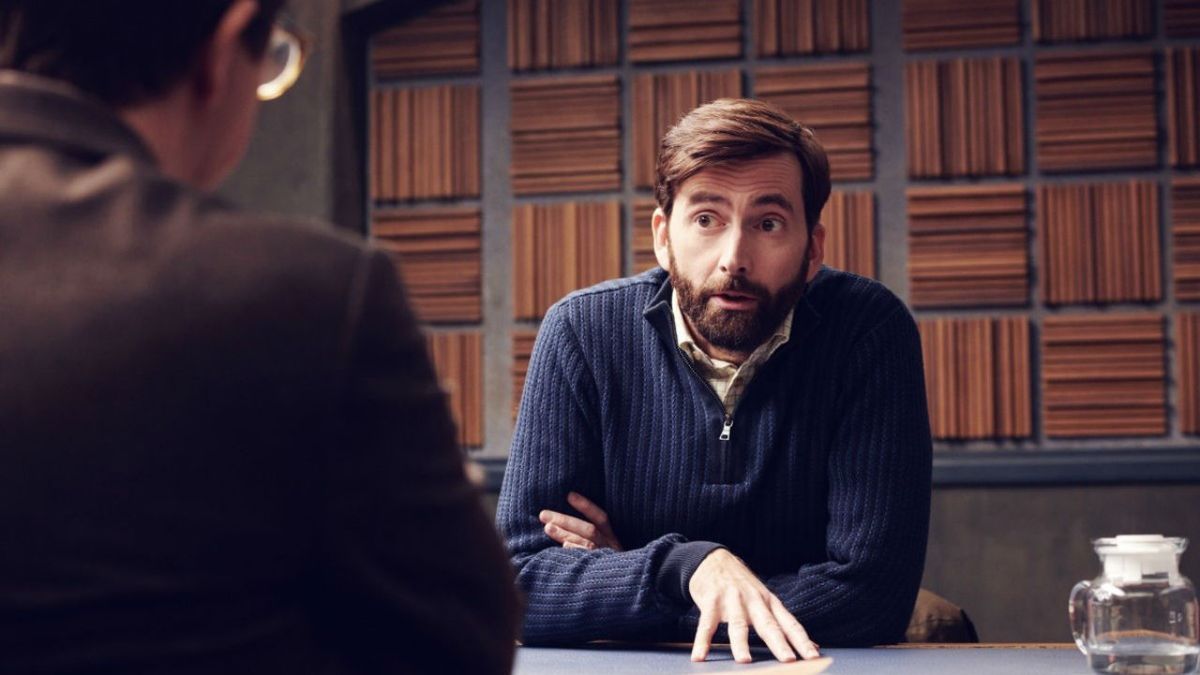Goro ‘son of Hayao’ Miyazaki’s second Studio Ghibli film lands on surer narrative turf than his over-reaching debut, Tales From Earthsea (2006).
But the vote’s still out on whether he’s the ani-magician his father is. In truth, Goro doesn’t try to hit his dad’s fantastical highs, drawing instead on the vein of realism that produced Ghibli’s heart-tweakers such as Only Yesterday and My Neighbours The Yamadas .
Yet Poppy Hill ’s period parable isn’t quite their match either: though lovingly styled and touching, its modesty ultimately under-achieves.
Adapted from an ’80s manga, Keiko Niwa and Hayao’s script cannily splices plot strands at the past/present tipping point.
In a 1963 harbour town, teen wallflower Umi and student activist Shun share a romance ignited and hampered by parental issues. In the second strand, they share the fight to save a school clubhouse, due for demolition in time for the Tokyo olympics.
Post-war subtexts about learning from the past bubble away here, but the stories undersell them. Shun’s own comparison of the romantic strand to “cheap melodrama” is a bit harsh, but it could almost be compared to a Cliff Richard musical.
If Miyazaki Jr elevates the material, it’s through style. Dripping with watercolour warmth, the rapturous images convey how a country’s efforts to right itself resonate with the young.
Umi’s open face throws the window wide on heartbreak, while life surges on outside in the bustling harbour town. Flitting between the work-a-day stuff of fish frying and the transcendent uplift of a starlit stroll, Goro’s expressive artistry is fleet, fluent and tenderly affecting.
With a worthy story, he might breathe the old man’s rarefied air yet.
Miyazaki Jr’s second film falls short of the vintage Ghibli in its simplified storytelling, but its sweetness and stylistic assurance brim with a sense of promise he may yet realise.
 Game News Video Games Reviews & News
Game News Video Games Reviews & News



